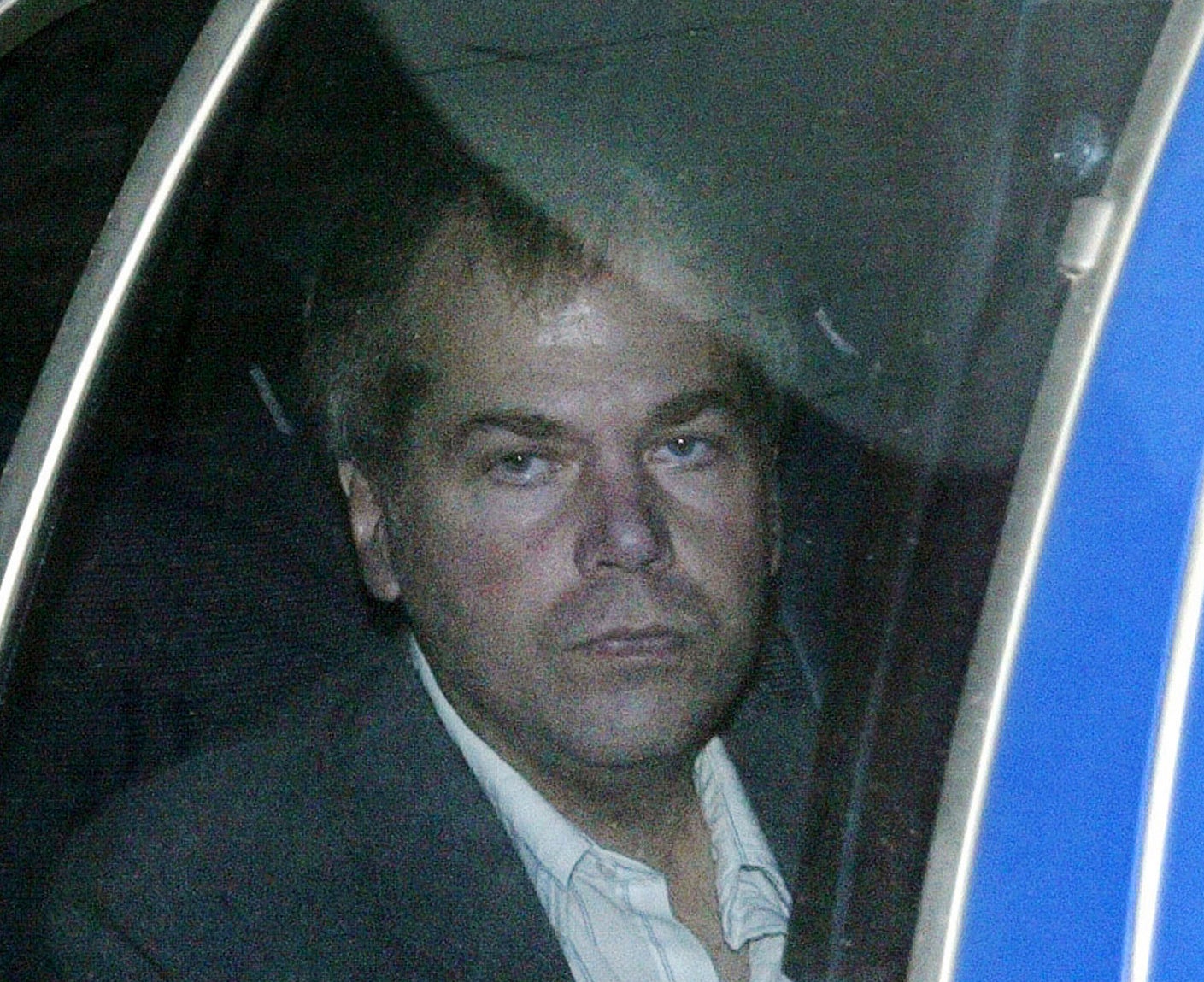Reagan's would-be assassin to pursue unconditional release
Lawyers for the man who tried to assassinate President Ronald Reagan say he plans to ask a federal court to allow him to live without conditions in the Virginia home he’s currently residing in with his mother and brother

Your support helps us to tell the story
From reproductive rights to climate change to Big Tech, The Independent is on the ground when the story is developing. Whether it's investigating the financials of Elon Musk's pro-Trump PAC or producing our latest documentary, 'The A Word', which shines a light on the American women fighting for reproductive rights, we know how important it is to parse out the facts from the messaging.
At such a critical moment in US history, we need reporters on the ground. Your donation allows us to keep sending journalists to speak to both sides of the story.
The Independent is trusted by Americans across the entire political spectrum. And unlike many other quality news outlets, we choose not to lock Americans out of our reporting and analysis with paywalls. We believe quality journalism should be available to everyone, paid for by those who can afford it.
Your support makes all the difference.Lawyers for the man who tried to assassinate President Ronald Reagan say he plans to ask a federal court to allow him to live without conditions in the Virginia home he's currently residing in with his mother and brother.
In a Thursday court filing, John Hinckley Jr.'s lawyers stated that he wants to set up a status call as soon as possible in hopes of scheduling a hearing for unconditional release.
Hinckley's mother is in declining health, the lawyers said, and they hope an unconditional release order “might be entered while Mrs. Hinckley can appreciate it.”
Letters and reports regarding John Hinckley's mental state “reveal emphatically that his health remains as sound today as it has been for approximately 30 years,” the filing stated.
The filing does not indicate exactly what unconditional release would mean for Hinckley, 65. Since leaving a Washington psychiatric hospital in 2016, he has been living under increasingly fewer restrictions in a house that sits along a golf course in a gated community in Williamsburg.
Hinckley was 25 when he shot Reagan outside a Washington hotel in March 1981. The shooting also paralyzed press secretary James Brady and injured two others.
Hinckley was suffering from acute psychosis and was obsessed with the actress Jodie Foster. When jurors found him not guilty by reason of insanity, they said he needed treatment, not a lifetime in confinement.
Last summer, a new risk assessment was conducted and found Hinckley to be mentally stable and at low risk for another psychotic episode. It also suggested "a low likelihood that he will reoffend with a violent crime over the short and long term."
The assessment, which was filed last year in federal court in Washington, quotes mental health professionals who indicated support for his unconditional release. Hinckley is quoted as saying that it would free him from driving to Washington for in-person meetings with the city's Department of Behavioral Health.
Hinckley said he would have more free time if he no longer has to check in by telephone and complete daily activity logs.
"(N)ot a whole lot would change,” Hinckley is quoted as saying.
He plans to continue to live in the Williamsburg area, attend group therapy sessions and take his current psychiatric medications, the assessment stated.
Restrictions for Hinckley have been loosened over the last few years. In October, U.S. District Judge Paul L. Friedman issued an order that allowed Hinckley to publicly display his writings, artwork and music under his own name.
In that order, the judge acknowledged the Department of Behavioral Health's recommendation that Hinckley receive unconditional release after six to 12 months. But the judge also noted that the U.S. government “opposes Mr. Hinckley's unconditional release.”
The judge's October order left in place several conditions for Mr. Hinckley.
For instance, Hinckley cannot possess a gun, contact his victims or their families or contact Foster, the actress he was trying to impress when he shot and wounded Reagan.
Hinckley also cannot knowingly travel to areas where there is someone who is protected by the U.S. Secret Service.
Hinckley's longtime attorney, Barry Levine, did not immediately respond to an email and phone call requesting comment. But the attorney has previously said that he planned to request unconditional release for Hinckley.
“If we wanted to go Paris, he could do it. He could do whatever you could do,” Levine told The Associated Press in 2018. “His compliance with the court over the many years has been unfailingly flawless. And if people knew him, they would like him."